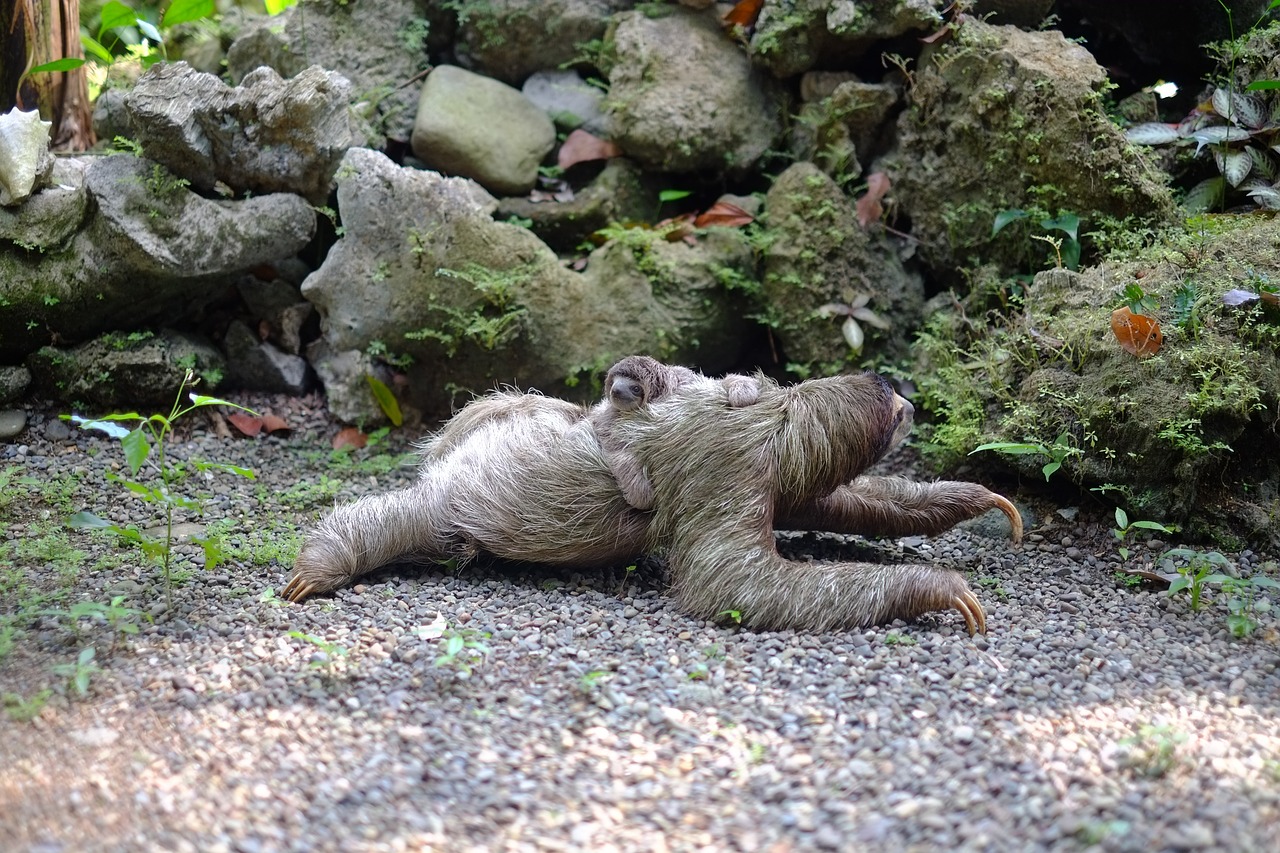
Research Stash Weekly Review #41
- Weekly Review
- 1.6K
Weekly Review #41 – Summary of the latest news In science and technology research across the world, carefully handpicked by team Research Stash
Earliest life may have arisen in ponds, not oceans
Primitive ponds may have provided a suitable environment for brewing up Earth’s first life forms, more so than oceans, a new MIT study finds. Read More
‘Three-person’ baby boy born in Greece
Fertility doctors in Greece and Spain say they have produced a baby from three people in order to overcome a woman’s infertility. Read More
Researchers unearth remains of a previously unknown hominin species from a cave in the Philippines
The human family tree has grown another branch after researchers unearthed remains of a previously unknown hominin species from a cave in the Philippines. They have named the new species, which was probably small-bodied, Homo luzonensis. Read More
‘Second Brain’ Neurons Located in the Gut Observed For the First Time
Researchers at Flinders University reveal a unique neural motor firing pattern illustrating how the human enteric nervous system coordinates contractions in the gastrointestinal tract. Read More
You Absolutely Love Dancing and There’s a Psychological Reason Why
Groove has been defined by researchers as the pleasurable desire to move to music. That is, why we are compelled to tap or dance along to music, and why does it feel good to move to music? And why would this compulsion elicit pleasure? Read More
Massive Study Debunks Claim That There’s a Single Gene For Depression
New research on depression has debunked decades of work that singled out individual genes responsible for the major mood disorder. Read More
Humans can make new brain cells into their 90s, scientists discover
Humans can make fresh brain cells until they are well into their 90s, but the production of new neurons falls in those with Alzheimer’s, even when the disease has recently taken hold, scientists have found. Read More
Scientists set to unveil the first picture of a black hole
On Wednesday, astronomers across the globe will hold “six major press conferences” simultaneously to announce the first results of the Event Horizon Telescope (EHT), which was designed precisely for that purpose. Read More
Scientists Say They Can Make Light Travel 30x Faster Than Normal
Scientists at the University of Central Florida say they’ve figured out how to make pulses of light travel 30 times as fast as usual — or even backward. Read More
Sorry, graphene—borophene is the new wonder material that’s got everyone excited
Stronger and more flexible than graphene, a single-atom layer of boron could revolutionize sensors, batteries, and catalytic chemistry. Read More
If you liked this article, then please subscribe to our YouTube Channel for the latest Science & Tech news. You can also find us on Twitter & Facebook.


